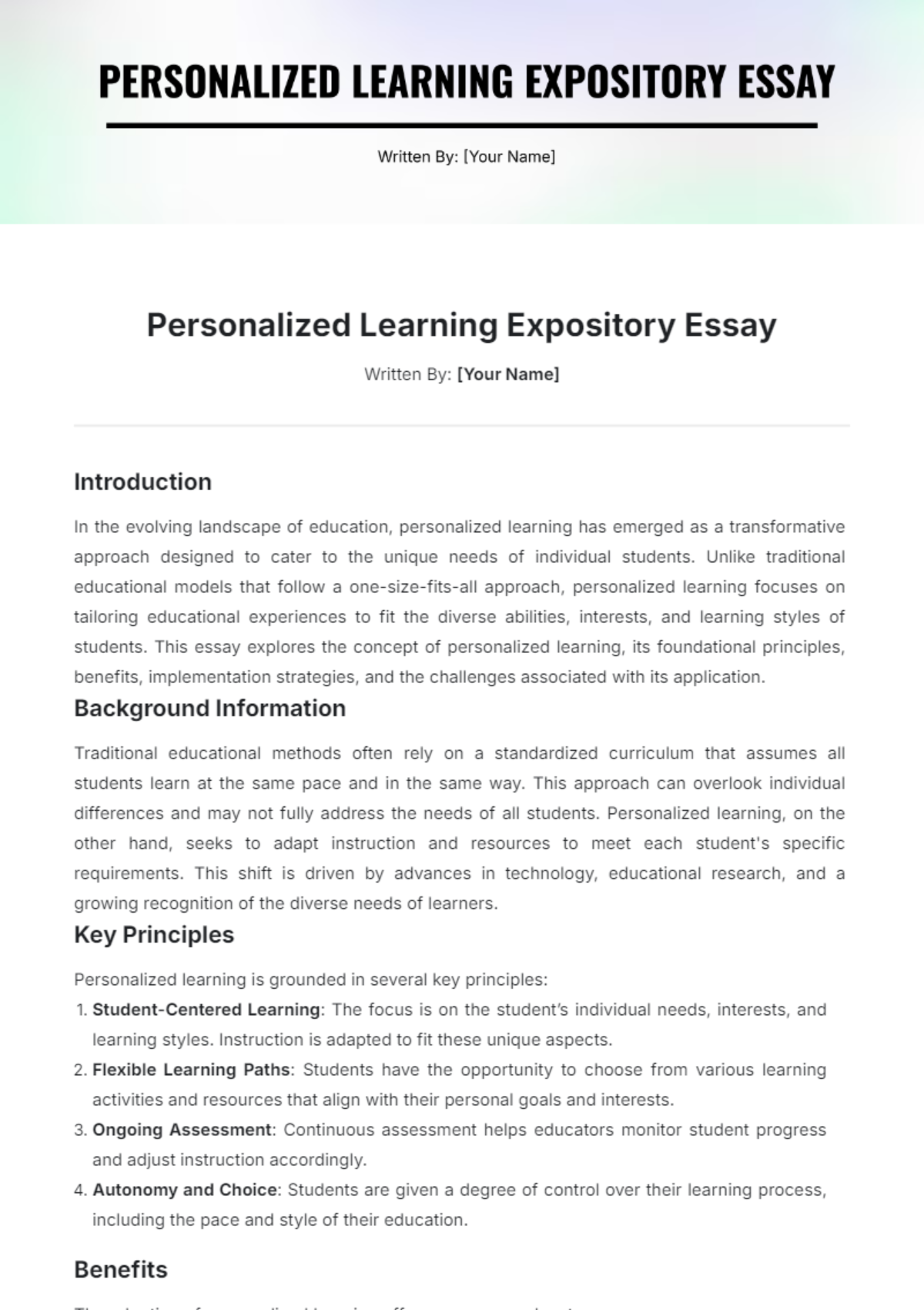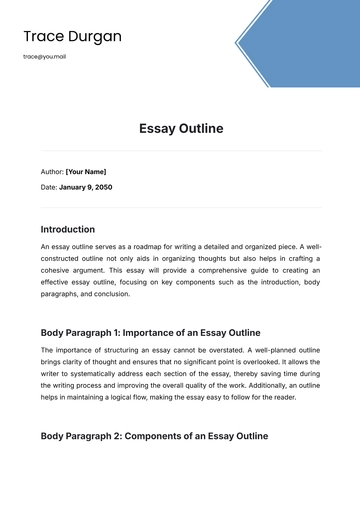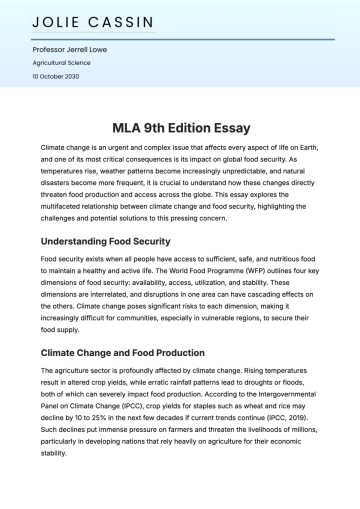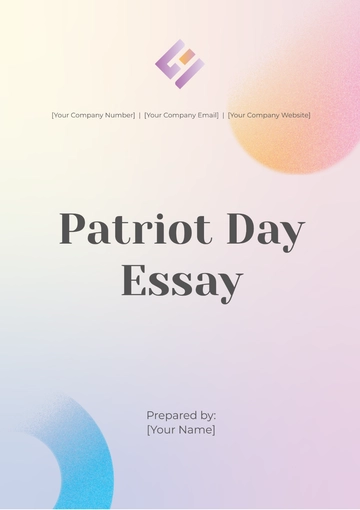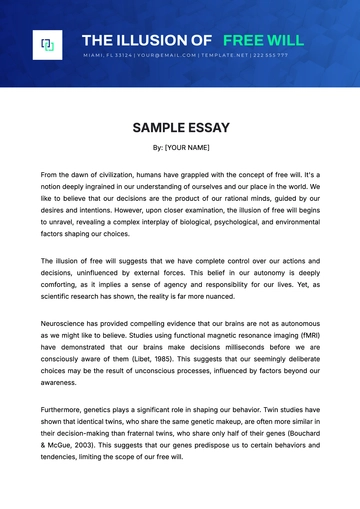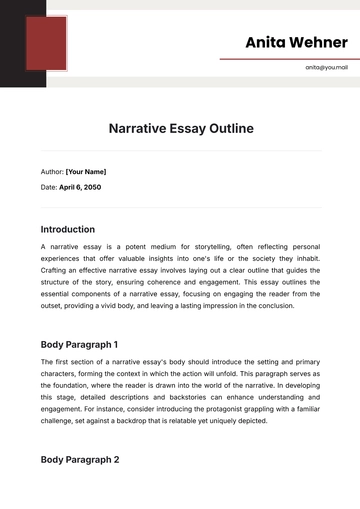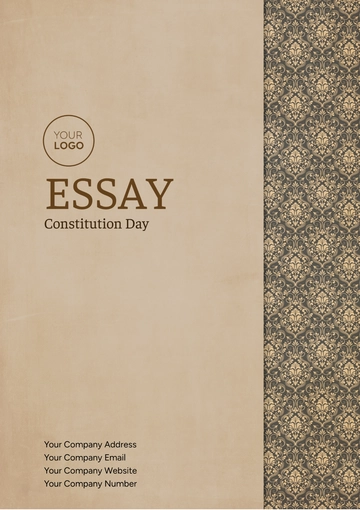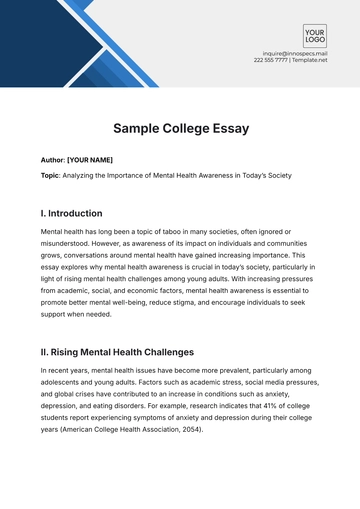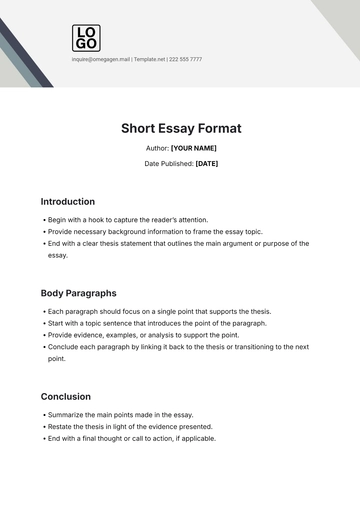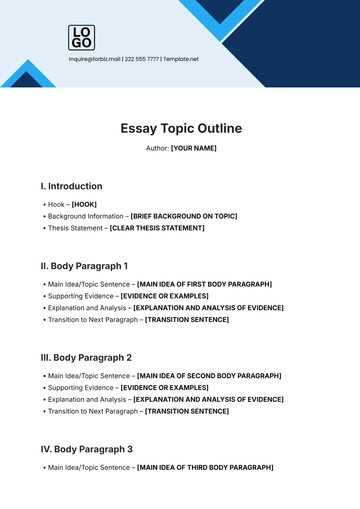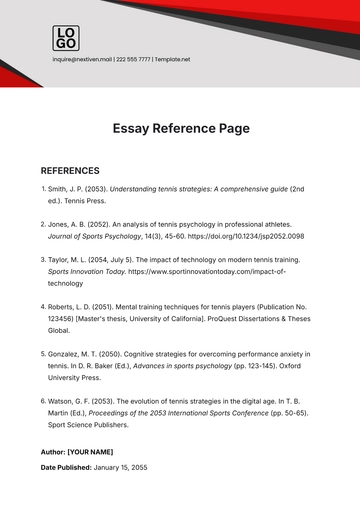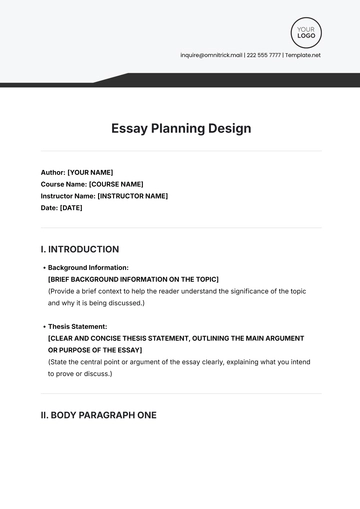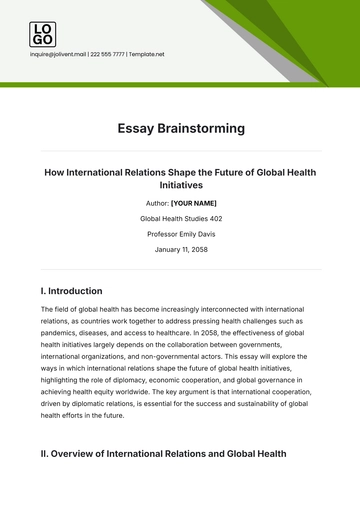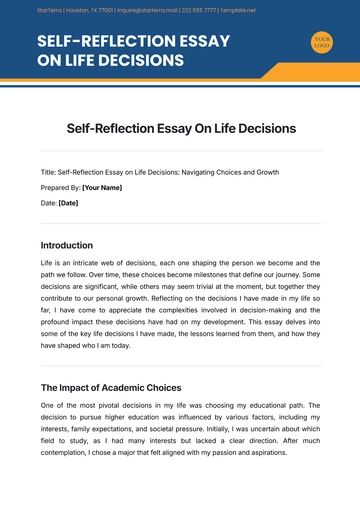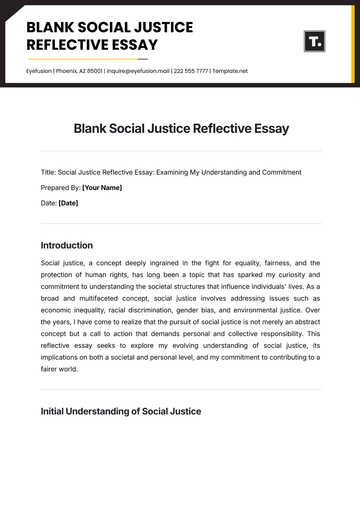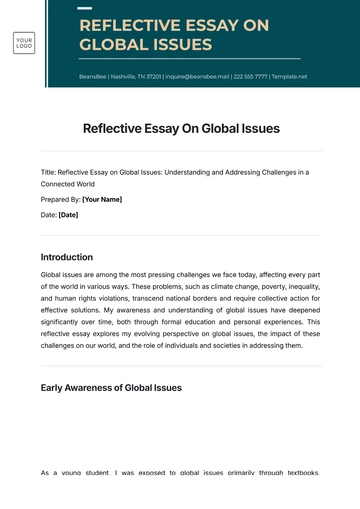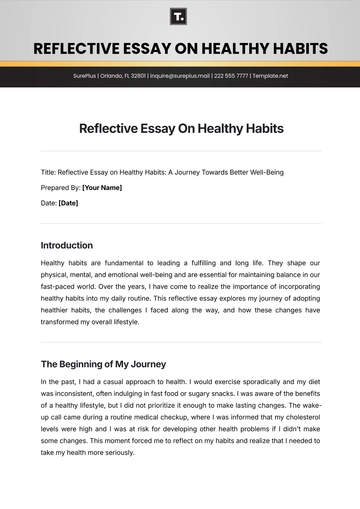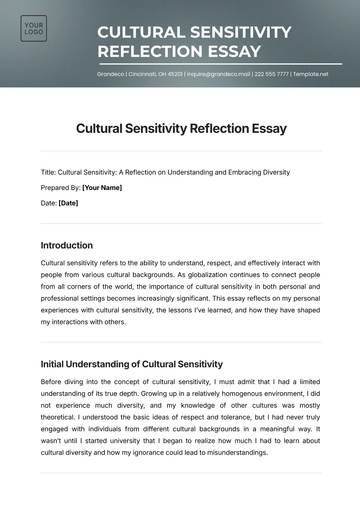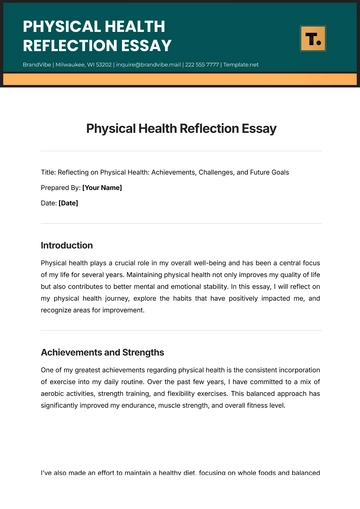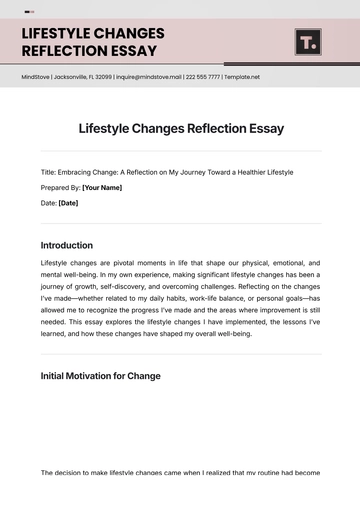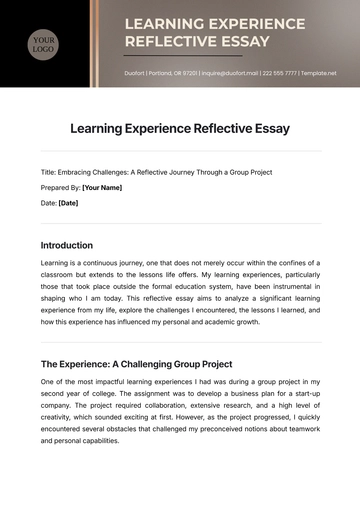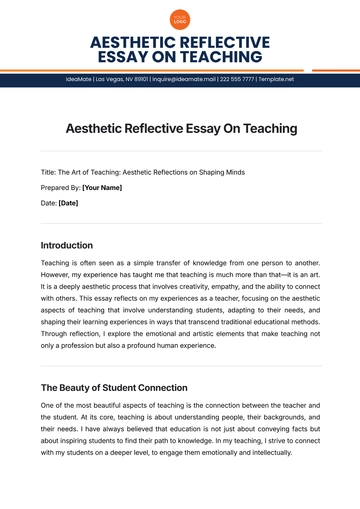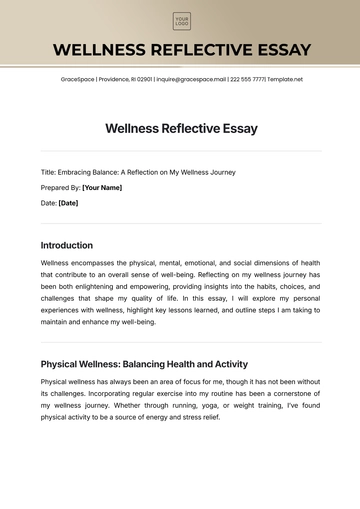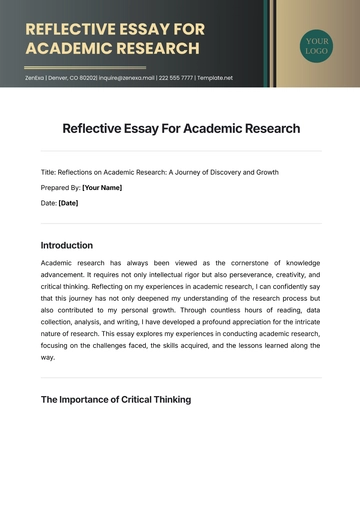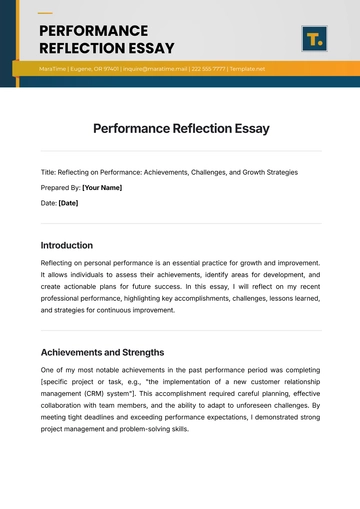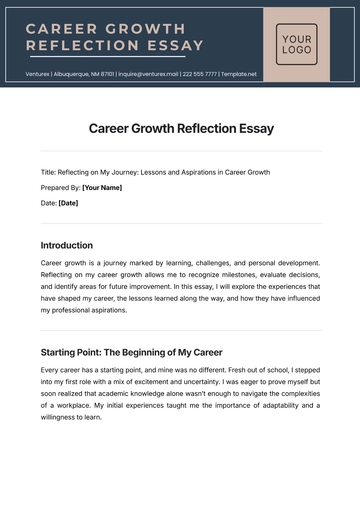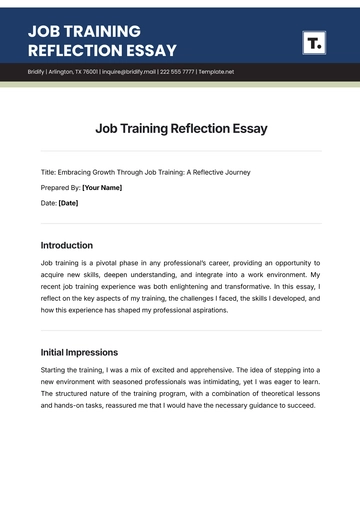Personalized Learning Expository Essay
Written By: [Your Name]
Introduction
In the evolving landscape of education, personalized learning has emerged as a transformative approach designed to cater to the unique needs of individual students. Unlike traditional educational models that follow a one-size-fits-all approach, personalized learning focuses on tailoring educational experiences to fit the diverse abilities, interests, and learning styles of students. This essay explores the concept of personalized learning, its foundational principles, benefits, implementation strategies, and the challenges associated with its application.
Background Information
Traditional educational methods often rely on a standardized curriculum that assumes all students learn at the same pace and in the same way. This approach can overlook individual differences and may not fully address the needs of all students. Personalized learning, on the other hand, seeks to adapt instruction and resources to meet each student's specific requirements. This shift is driven by advances in technology, educational research, and a growing recognition of the diverse needs of learners.
Key Principles
Personalized learning is grounded in several key principles:
Student-Centered Learning: The focus is on the student’s individual needs, interests, and learning styles. Instruction is adapted to fit these unique aspects.
Flexible Learning Paths: Students have the opportunity to choose from various learning activities and resources that align with their personal goals and interests.
Ongoing Assessment: Continuous assessment helps educators monitor student progress and adjust instruction accordingly.
Autonomy and Choice: Students are given a degree of control over their learning process, including the pace and style of their education.
Benefits
The adoption of personalized learning offers numerous advantages:
Enhanced Engagement: By catering to students' interests and learning preferences, personalized learning increases engagement and motivation.
Improved Learning Outcomes: Tailored instruction can address specific learning gaps and strengths, leading to better academic performance.
Greater Student Autonomy: Personalized learning fosters independence and critical thinking by allowing students to take charge of their learning.
Adaptability: The approach is flexible and can be adjusted to meet changing educational needs and evolving student goals.
Implementation Strategies
Successful implementation of personalized learning involves several strategies:
Use of Technology: Incorporating digital tools and platforms that provide adaptive learning experiences and resources can support personalized learning.
Professional Development: Educators need training to effectively design and deliver personalized learning experiences.
Collaborative Learning: Encouraging collaboration among students and between students and teachers helps in creating a supportive learning environment.
Data-Driven Decision Making: Utilizing data from assessments and learning analytics helps in making informed decisions about instructional adjustments.
Challenges and Solutions
Despite its benefits, personalized learning faces several challenges:'
Resource Constraints: Implementing personalized learning can be resource-intensive. Solutions include seeking additional funding, utilizing cost-effective technologies, and leveraging existing resources creatively.
Resistance to Change: Educators and institutions may resist shifting from traditional methods. Professional development and gradual implementation can ease this transition.
Data Privacy Concerns: The use of technology raises concerns about student data privacy. Ensuring robust data protection measures and adhering to privacy regulations can mitigate these risks.
Equity Issues: Ensuring that all students have equal access to personalized learning resources can be challenging. Schools can address this by providing equitable access to technology and support services.
Conclusion
Personalized learning represents a significant shift in educational practices, emphasizing the need to cater to individual student needs and preferences. By understanding its key principles, leveraging its benefits, and addressing implementation challenges, educators can create more effective and engaging learning environments. As education continues to evolve, personalized learning stands out as a promising approach to enhancing student achievement and fostering a more inclusive and adaptive educational system.
Essay Templates @ Template.net
